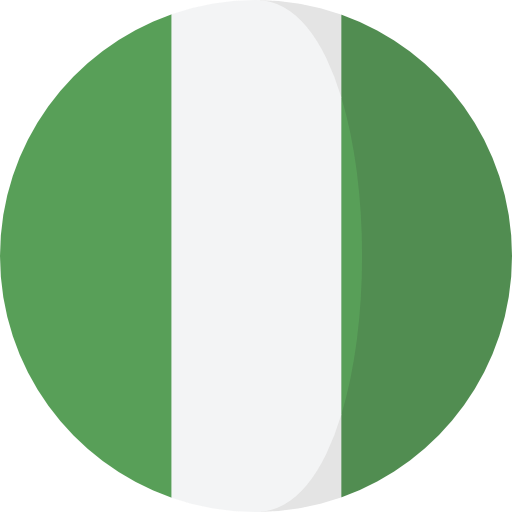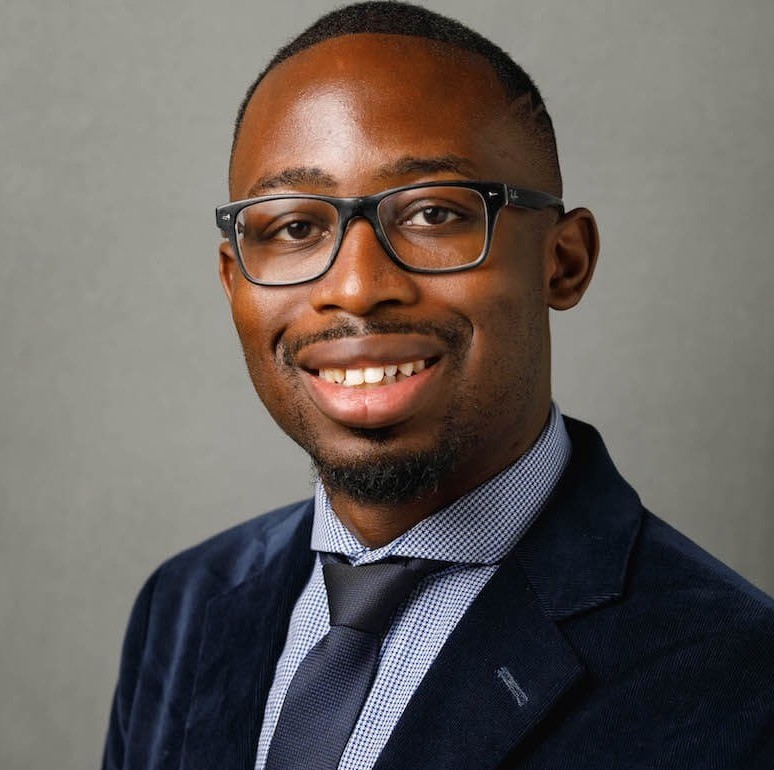What is your educational background?
Candidate for MD, UC San Diego School of Medicine; B.A. Biology and Philosophy-Neuroscience-Psychology (PNP), Washington University in St. Louis
What is your current occupation?
MIT Online Science, Technology, and Engineering Community (MOSTEC): Neuroscience and Connectomics Instructor and medical student.
What or who got you into STEM?
My father, Jethro Ekuta, came to the US to obtain a PhD in Pharmacology and Toxicology. Even as a young child, my father would sometimes bring me to the laboratory, which stimulated my early interest in science.
What is the biggest challenge/barrier you have faced as an African in STEM?
The biggest challenge has been racism. As a Nigerian-American, I have unfortunately encountered and had to navigate the challenges of dealing with microaggressions, stereotypes, prejudice, and outright and blatant racism. Nonetheless, learning to navigate these circumstances has strengthened my ability to navigate other challenges in STEM.
How do you think your background/upbringing has been beneficial in your journey/career?
I am a chimera: Nigerian and American! Growing up as the oldest of five children, I attempted to find my own identity and learned to cope with my family’s frequent relocations across different states: Mississippi, Tennessee, Ohio, Connecticut, and Pennsylvania. I also became accustomed to changes in schools and the loss and gain of friendships, communities, and social networks. Now, I view change as a normal part of living and an opportunity to explore my world, not a burden to endure and appreciate people from different walks of life, values, and beliefs. I believe that this unique lens stimulated my interest in bridging gaps across disciplines, cultures, and perspectives.
My interest in bridging gaps across disparate areas was nurtured early on. Academically, I pursued an interdisciplinary Philosophy-Neuroscience-Psychology major that revealed how diverse disciplines can provide converging perspectives to challenging problems like the mind and brain. Clinically, I interacted with diverse individuals as a volunteer with schizophrenia patients, through which I encountered individuals from the broad spectrum of human functioning and witnessed conventional medicine used in combination with alternative treatment, such as art therapy, to provide complementary, comprehensive care. Culturally, I balanced scientific interests with artistic and religious endeavors: dance and Church mission trips. These experiences helped foster my belief that medical and scientific challenges are both interdisciplinary and multifaceted, requiring cross-sector solutions.
Ultimately, my background has equipped me to appreciate diverse perspectives both within and outside of STEM, which has made me a better critical thinker, problem-solver, and professional.
How do you think we can start to change the narrative surrounding African contributions
to global STEM research & careers?
I think changing the narrative starts with platforms just like this. It is critical that we continue to actively highlight the many contributions to STEM by people from the African diaspora. By continuing to give a voice and platform to our people, we can slowly change and challenge negative perceptions.
What advice would you like to give to young, aspiring Africans in STEM?
Persevere. Where there is a will, there is always a way. Pursue your scientific aspirations with focus, vigor, and passion and don’t allow anyone to tell you, you cannot successfully pursue a career in STEM.






